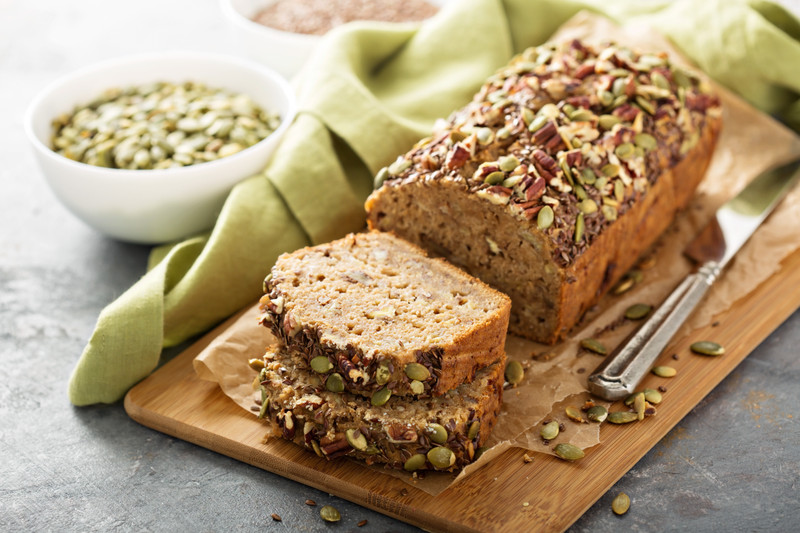Switching to a gluten-free diet is essential for individuals with celiac disease, gluten intolerance, or wheat allergies. While this lifestyle change can bring relief from uncomfortable symptoms, it can also lead to potential nutrient deficiencies. Gluten-free diets often exclude fortified foods like bread and cereals, which are primary sources of essential vitamins and minerals.
Why Supplementing Is Important for a Gluten-Free Diet
A gluten-free diet eliminates wheat, barley, rye, and products derived from them. While this dietary restriction can reduce inflammation and digestive issues for those with gluten sensitivities, it can also result in deficiencies in nutrients like fiber, iron, B vitamins, and magnesium.
Proper supplementation ensures that you’re meeting your nutritional needs while adhering to a gluten-free lifestyle.
Key Nutrients to Supplement on a Gluten-Free Diet
1. Fiber
Many gluten-containing grains are rich in fiber, which is essential for digestion, heart health, and blood sugar regulation. Without adequate fiber, you may experience digestive discomfort or irregularity.
Sources: Fruits, vegetables, seeds, and gluten-free whole grains like quinoa and millet.
Recommended: DC Labs Hemo-Chelate Iron + B Complex
4. Magnesium
Magnesium supports muscle function, bone health, and energy metabolism. Without whole grains like wheat, rye, and barley, your magnesium intake may be insufficient.
Sources: Nuts, seeds, dark leafy greens, and supplements.
Recommended: DC Labs Magnesium Super Potency 500 mg
5. Calcium and Vitamin D
Calcium and vitamin D are critical for bone health, but gluten-free diets may lack these nutrients if dairy products are avoided due to lactose intolerance, which is common in individuals with celiac disease.
Sources: Almond milk, fortified gluten-free products, and supplements.
Recommended: DC Labs Calcium Citrate 1500 mg with Vitamin D
6. Zinc
Zinc plays a key role in immune function, wound healing, and cell repair. Gluten-free diets can lack zinc-rich fortified cereals, making supplementation beneficial.
Sources: Pumpkin seeds, chickpeas, nuts, and supplements.
Recommended: DC Labs Z-Lozenge Plus
7. Probiotics
Gut health is often compromised in individuals transitioning to a gluten-free diet, especially if they have celiac disease. Probiotics can help restore gut balance, improve digestion, and support nutrient absorption.
Sources: Yogurt, fermented foods, and supplements.
Recommended: DC Labs Super Probiotic
8. Omega-3 Fatty Acids
Omega-3s reduce inflammation and support heart and brain health. Since gluten-free diets may lack omega-3-rich fortified products, a supplement can help fill this gap.
Sources: Walnuts, flaxseeds, chia seeds, and supplements.
Recommended: DC Labs Superior Omega-3 from Menhaden
9. Vitamin C
Vitamin C is crucial for immune health, collagen production, and iron absorption. Including a supplement can boost overall wellness and support recovery from any nutrient deficiencies.
Sources: Citrus fruits, bell peppers, and supplements.
Recommended: DC Labs Vitamin C 500 mg
A Note from Us
A gluten-free diet can help alleviate symptoms and improve overall well-being for those with gluten sensitivities, but it requires careful planning to avoid nutrient deficiencies. Incorporating high-quality supplements like the ones listed above ensures you maintain optimal health and energy levels while following your gluten-free lifestyle.

